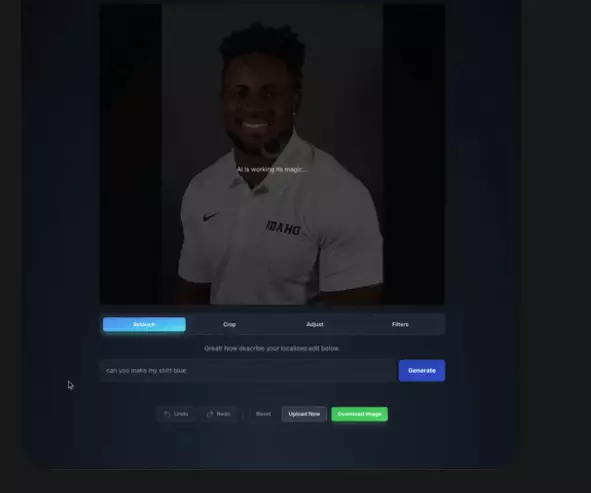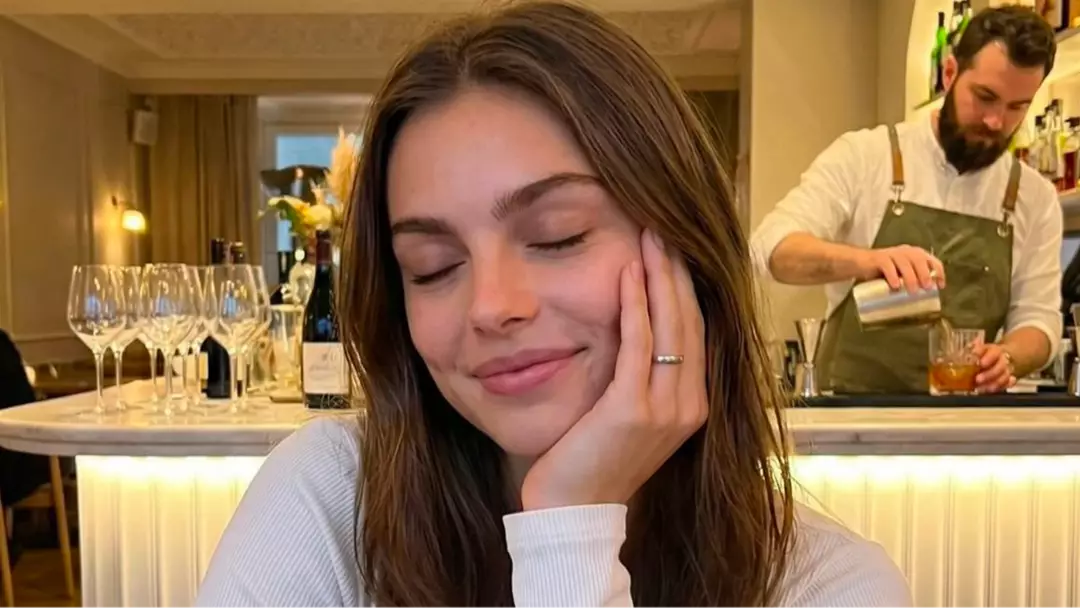AI has changed the way we view the authenticity of photographs, according to social media users who are witnessing the capabilities of this technology.
With the ability to create images instantly, the need for traditional photography is being questioned. This has been a hot topic on social networking platforms.
Artificial intelligence has been stirring debate for a while, from creating synthetic actors which could replace humans in films to developing software that allows conversations with digital versions of deceased loved ones.
Now, it appears that AI is encroaching on the everyday act of taking photos.
Whether capturing moments from a holiday or a dining experience, AI can craft an image that could convince others you’ve been somewhere luxurious when, in fact, you’ve been at home.
Consider this example:
You might assume the image on the right shows a woman at a high-end bar, but both images are generated by Nano Banana and its subscription service, Nano Banana Pro.
An X user pointed out that technology has advanced to a point where distinguishing between real and artificial images is increasingly difficult.
The user remarked: “And just like that, the age of photographic evidence is over. 1826-2025. Update your epistemology accordingly.”
Nana Banana is integrated into Google’s offerings as part of its Gemini 2.5 and 3 model.
In a statement released on November 20, the company announced that Nana Banana Pro, which closely resembles a photograph, can produce visuals that are more accurate and contextually rich using enhanced reasoning and up-to-date information.
The statement read: “Nano Banana Pro is the best model for creating images with correctly rendered and legible text directly in the image, whether you’re looking for a short tagline, or a long paragraph.”
Some individuals expressed concern, with one user commenting: “There needs to be a federal law that ai-generated content be watermarked. It is imperative that this happen soon.”

Others had a different perspective. One individual expressed hope that AI’s image-rendering capabilities might eventually lead to the decline of social media, arguing that it ‘would be healthier for humanity.’
Some remain unconvinced that AI-generated images can completely deceive viewers, with one person stating: “I think we very much remain in the age of photographic evidence.”
So how can we discern if an image is AI-generated?
Experts suggest there are detectable clues.
One user noted: “While hard to notice at a first glance, there are still clear tells that an image is AI. It remains to be seen if those will be entirely removed in 2026 or soon.”
Another pointed out: “You can still tell these are AI. The hands, and the ceiling foreshortening.”
Attempts were made to contact Google for their perspective on the matter.

